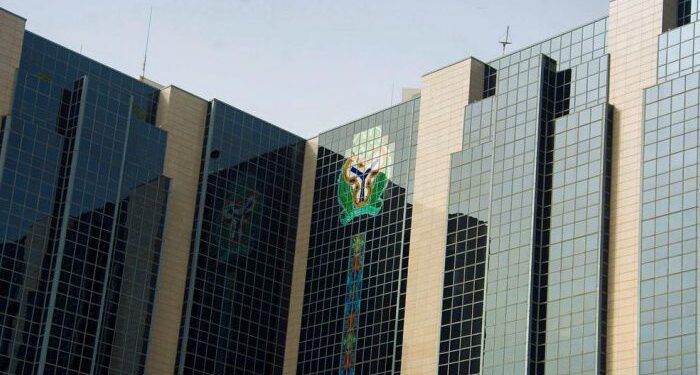A recent document obtained from the Central Bank of Nigeria (CBN) reveals that 31 state governments are indebted to the tune of N339.9 billion, a loan obtained between 2015 and 2023 to settle workers’ salaries. The loans were facilitated through the Salary Bailout Facility, a program initiated by the former CBN governor, Godwin Emefiele, as part of a broader intervention fund totaling over N10.3 trillion. This program aimed to alleviate fiscal pressures faced by states.
However, the current CBN governor, Olayemi Cardoso, has ceased this program due to the ongoing economic crisis, stating that the apex bank cannot sustain further intervention efforts. The CBN clarified that the Salary Bailout Facility was intended to help states clear salary arrears, underscoring the critical role of the CBN in stabilizing the country’s financial landscape during fiscal distress.
Despite the significant disbursement of funds, the report indicates that states have yet to repay N339.97 billion, alongside an outstanding loan default of N1.31 billion as of September 2023. Notable beneficiaries of the bailout facility include states like Imo, Kogi, Kano, Oyo, and Osun.
This situation has prompted concerns about the financial sustainability of states, particularly regarding their ability to generate revenue internally. It has also reignited discussions about the need for fiscal federalism to grant states more control over resources within their domains.
Moreover, financial experts have highlighted the risks associated with states’ increasing debt profiles, emphasizing the importance of enhancing revenue generation and attracting investments. The reliance on borrowing has raised doubts about Nigeria’s economic viability and its capacity to sustain itself without continuous borrowing.
Despite pledges to reduce borrowing and focus on revenue generation, the government’s domestic debt rose significantly in the first six months of the current administration. This surge in borrowing contradicts promises made to reduce dependence on loans and underscores the urgent need for sustainable fiscal strategies.
In light of these challenges, experts emphasize the importance of addressing the root causes of Nigeria’s debt burden and implementing measures to boost revenue generation. They warn that continued borrowing without tangible improvements in capital stock and economic productivity will only exacerbate the country’s financial woes in the long run.
























